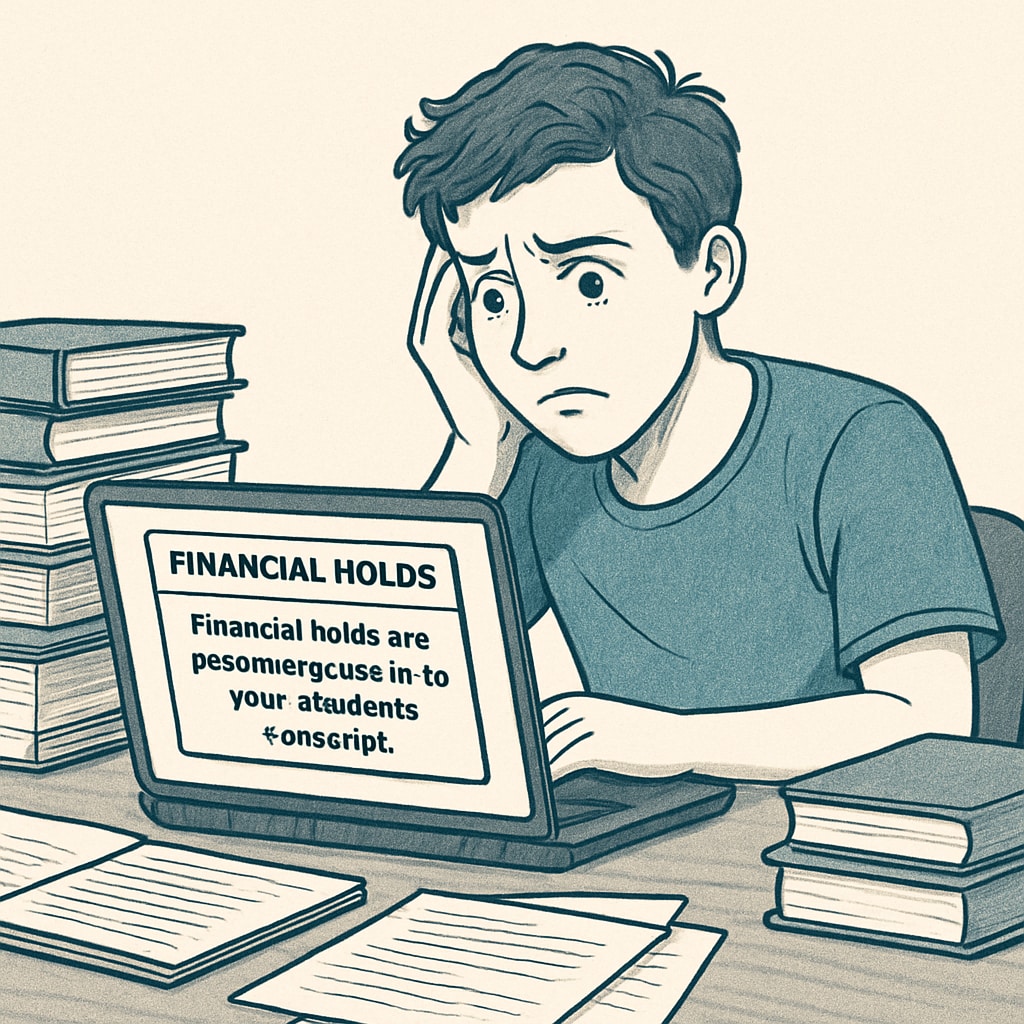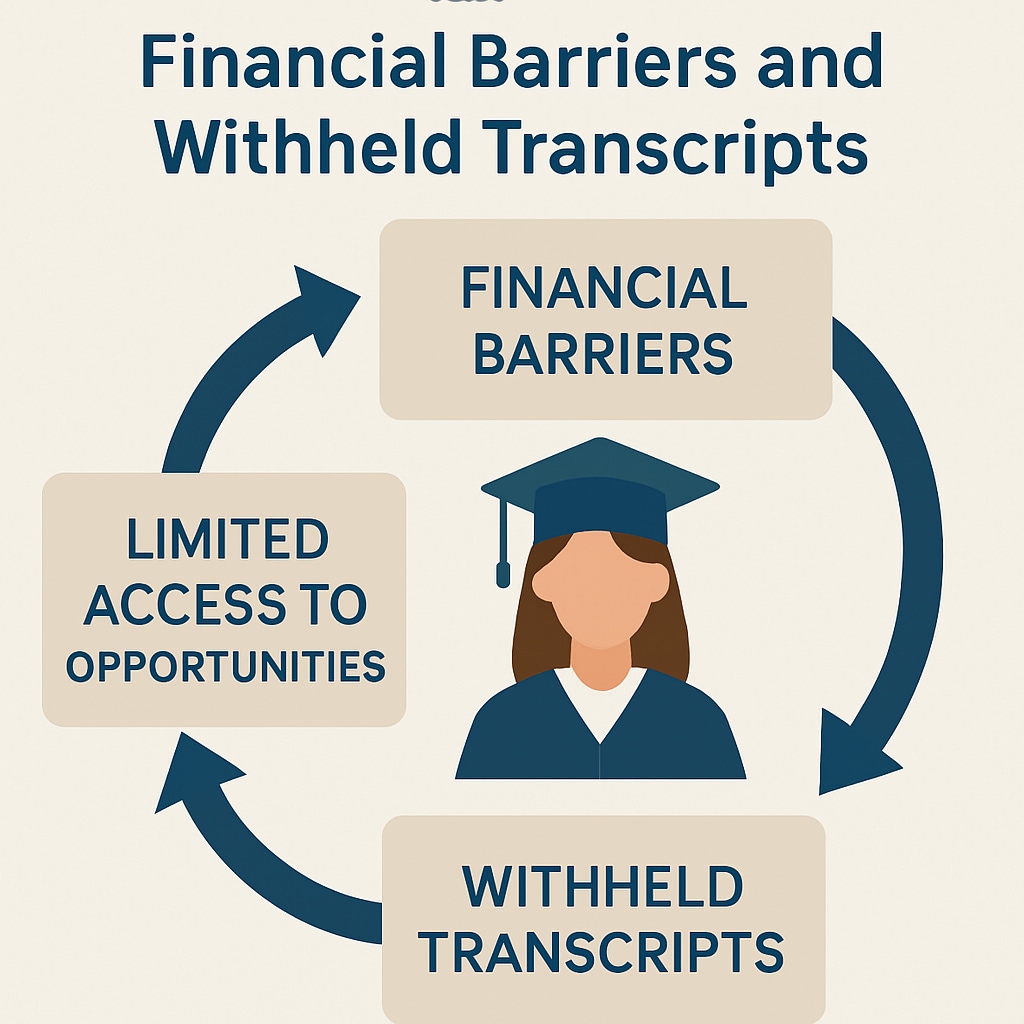For students, obtaining their academic transcripts is often critical for further education or career opportunities. However, when financial constraints arise, the issue of “accessing transcripts with outstanding balances” becomes a significant barrier. This challenge can be particularly impactful when students need their transcripts to register for exams like the Professional Regulation Commission (PRC) exam or to apply for scholarships and jobs. This article delves into the intersection of educational fairness and financial hardships, discussing the implications of institutional policies and exploring potential solutions for students and schools alike.
Understanding the Conflict: Transcripts and Outstanding Balances
Many educational institutions have policies that restrict the release of transcripts to students with unpaid balances. While such policies aim to ensure financial accountability, they can inadvertently penalize students who are already struggling financially. Transcripts serve as a key document for various purposes, including applying for higher education, job opportunities, and exams such as the PRC exam. Restricting access to these documents can delay or even derail a student’s academic and professional progress.
According to a Britannica article on education systems, the principle of equitable access to education is fundamental to societal development. However, when schools enforce strict financial policies, they risk creating economic barriers that disproportionately affect underprivileged students. This raises questions about the balance between institutional financial sustainability and the right to education.

The Impact of Withholding Transcripts on Students
For students who need their transcripts to register for the PRC exam or other milestones, financial holds can have severe consequences. These include:
- Delays in professional certification, such as the PRC exam, which is often a prerequisite for entering regulated professions.
- Missed deadlines for college applications or scholarship opportunities, further exacerbating financial hardships.
- Loss of job opportunities that require proof of academic qualifications.
In some cases, this dynamic creates a vicious cycle: students are unable to secure better opportunities due to withheld transcripts, which in turn prevents them from paying off their outstanding balances. This not only impacts individual students but also undermines the broader goals of education as a tool for social mobility.

Balancing Institutional Policies and Educational Fairness
Educational institutions face legitimate financial pressures, especially when unpaid balances accumulate over time. However, there are strategies that schools can adopt to balance financial management with the principle of educational fairness. These include:
- Flexible Payment Plans: Allow students to access their transcripts while adhering to a structured repayment plan.
- Waivers for Low-Income Students: Implement policies that waive transcript fees for students who can demonstrate financial hardship.
- Partial Transcript Release: Provide access to unofficial or partial transcripts to meet immediate needs, such as job applications or exam registrations.
Furthermore, schools can partner with local organizations or nonprofits to establish emergency funds for students in need. This approach not only addresses immediate financial barriers but also fosters goodwill and long-term alumni support. For example, Wikipedia’s entry on financial aid highlights how targeted programs can bridge the gap between affordability and access to essential resources.
Conclusion: A Shared Responsibility
The issue of accessing transcripts with outstanding balances underscores the broader challenge of ensuring educational fairness amidst economic disparities. While institutions must manage their financial sustainability, they also have a responsibility to support students in achieving their academic and professional goals. By adopting more flexible and inclusive policies, schools can create a system that balances financial accountability with the fundamental right to education.
Ultimately, resolving this issue requires collaboration between students, schools, and policymakers. Only by addressing the root causes of financial barriers can we ensure that education remains a pathway to opportunity for all, regardless of economic status.
Readability guidance: This article uses concise paragraphs, clear subheadings, and bulleted lists to enhance readability. Active voice is predominantly used, and transitions (e.g., however, therefore, for example) connect ideas effectively. Images and external references provide additional context and support the discussion.


